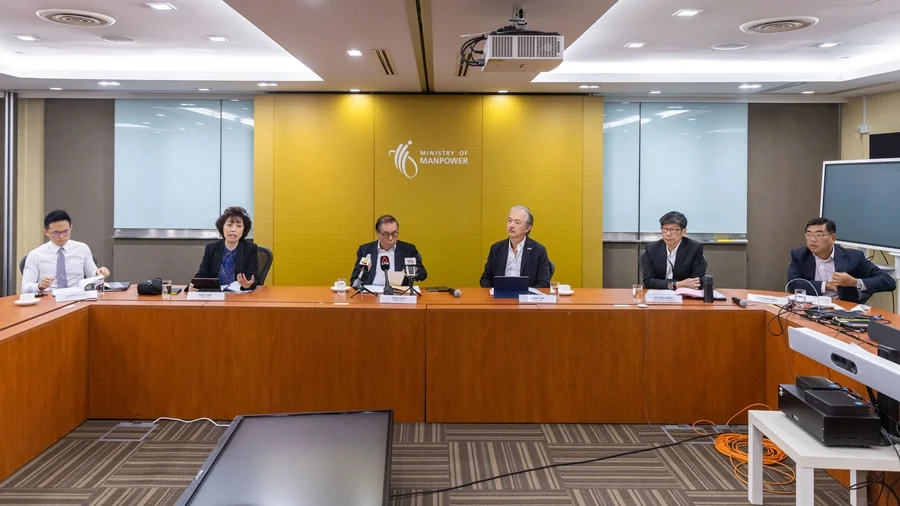The wage guideline for lower-wage workers was set out by the council in a bid to narrow the income gap. The new recommendations made are slightly higher than that of last year’s recommended wage increase of 4.5% to 7.5%, or S$70 to S$90, as most sectors have recovered beyond their pre-pandemic levels with Singapore’s economy recording a 4.3% year-on-year growth in the first three quarters of the year.
Differentiated wage guidelines to suit every business
While the economy has picked up for the first three quarters of 2022, downside risks in the global economy remain significant with the ongoing geo-political tensions, intensified financial stability risks and the worsening of COVID-19 pandemic situation again. With such uncertainties ahead, the NWC continues its calls for flexibility in wage structure so that the economy and labour market can remain resilient.
To ease the process of employers making the above-recommended wage guideline, NWC reiterated their push for the flexible wage system that includes a fixed component, (fixed basic monthly pay), and the variable component, (monthly variable component/ annual variable component), built into the gross salary.
In general, the new guidelines from NWC have shifted from urging employers to restore Covid-related wage cuts to recommending employers that have done well raise their workers’ salaries. It also called on employers to reward the contributions of employees who suffered Covid-related cost-cutting measures. And to factor in the cost-of-living pressures, to ensure real income growth.
Raising productivity for a sustainable wage growth
“It’s not just retrain and prepare our workers for the changing economy, but it’s to improve productivity, arming them with better skills and transforming their ability to contribute,” he added.
This is even more important at a time when the global economy is slowing coupled with the rising cost of living from inflation. While it may be intuitive for companies to cut or hold off training costs, companies should stay on course with investing in workers through training and productivity initiatives.
Employers are encouraged to work with NTUC to establish Company Training Committees (“CTCs”). The CTCs have helped companies drive business transformation to increase productivity and implement training plans and can tap into the wider NTUC training and placement ecosystem, which includes NTUC’s e2i. The Government has also set aside $70 million for the NTUC CTC Grant to support employers to implement transformation plans. Employers can also leverage on NTUC’s Operation & Technology Roadmap programme (OTR) to move up the value chain through innovation and technology.
Workers would also have to take their successes into their own hands by upskilling, reskilling and raising productivity. NTUC has a Union Training Assistance Programme (UTAP) that workers can tap on to defray the cost of skills upgrading. This programme which is available for all NTUC members can be utilized in conjunction with the Skills Future Credits that is available to all Singapore citizens and permanent residents.
That will truly enable productivity to be addressed, and our workers could then be better skilled.





